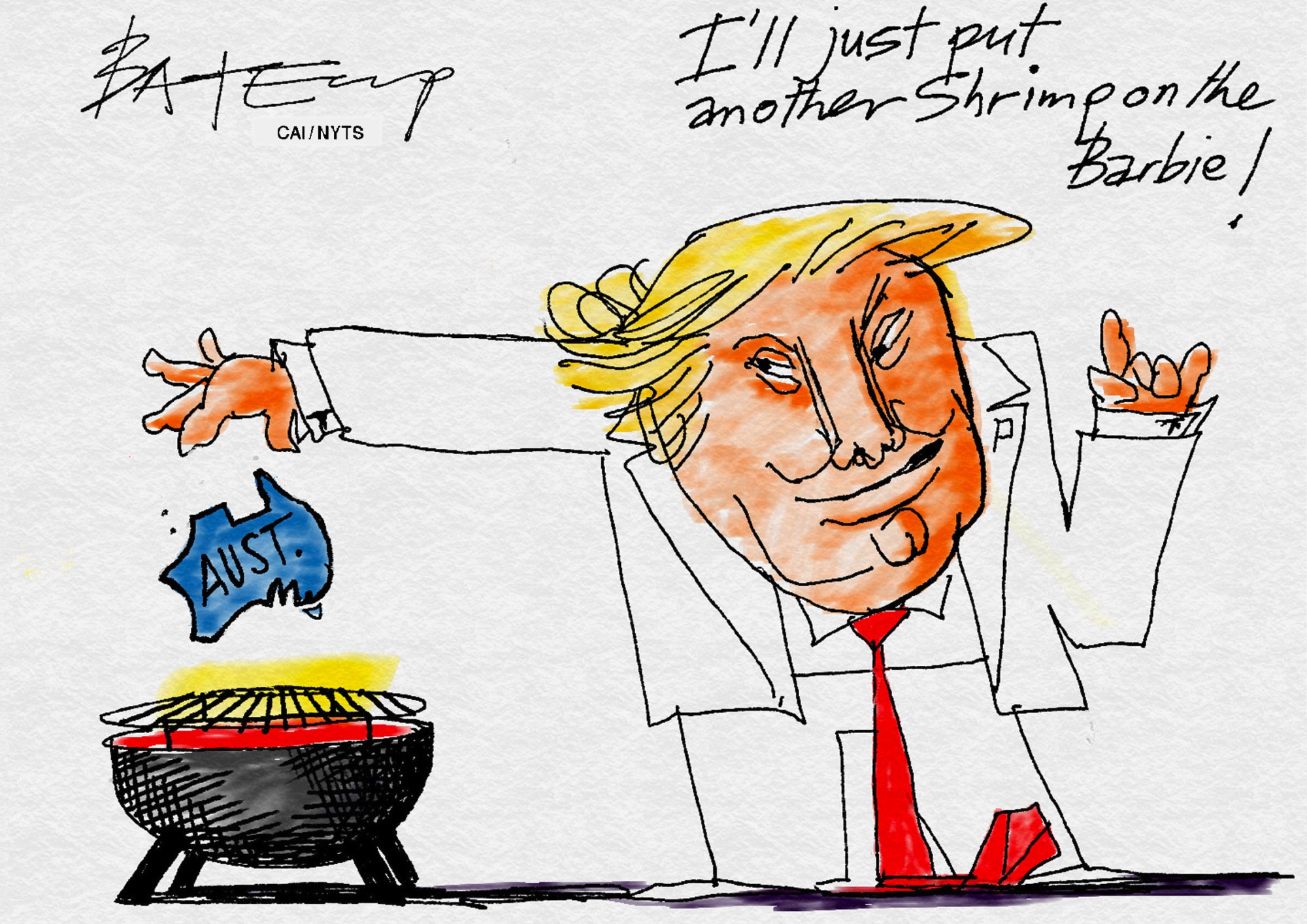U.S. President Donald Trump prides himself on not being diplomatic. He proceeded to prove that in a phone conversation with Australian Prime Minister Malcolm Turnbull on Jan. 29. Turnbull followed the leaders of France, Germany, Japan, Mexico and Russia in a courtesy call with Trump.
There was also a practical issue for discussion. Australia has attracted growing notoriety (but also some admiration from European far right groups) for its harsh policy of offshore detention of refugees and asylum seekers arriving by boats. In 2013, the Abbott government decided to implement its "Stop the Boats" campaign promise by forcibly intercepting all incoming boat-borne refugees and resettling them in third countries. Pending that resettlement, the desperate people, mostly from the Middle East, Afghanistan and Pakistan, were detained in camps outside Australian sovereign jurisdiction (which denied them access to Australian legal remedies).
The policy has run into two sets of problems. First, it has become an increasing cause celebre among human rights organizations for the cruelty akin to torture and mental health effects. Second, and partly in response, one by one the third countries concerned have distanced themselves from participation in the scheme, concluding that Australia should solve its own problem instead of dumping the unwanted refugees on Pacific neighbors. In November, Turnbull had secured an agreement with President Barack Obama to accept, after suitable vetting by the United States, 1,250 of the refugees from Papua New Guinea and Nauru. In return Australia would take some refugees from Central America.

















With your current subscription plan you can comment on stories. However, before writing your first comment, please create a display name in the Profile section of your subscriber account page.